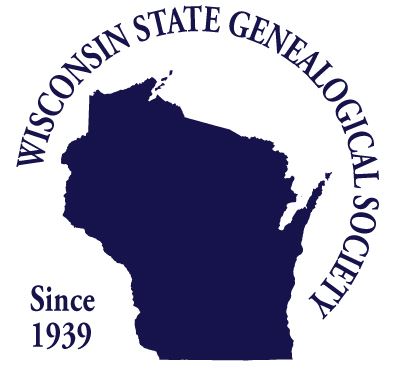December 2017
Taming Transcription
- Presenter: Michelle D. Novak

- Date: December 19, 2017
- Webinar Description: Transcribing from original documents can unlock events, actions and sentiments that haven't been expressed since they were first written--and that may shed entirely new light on your ancestors' lives. But learning a manageable system for your transcription work can make the difference between enjoyment and chaos. In this session, Michelle D. Novak will share a large transcription project currently underway, one that started with one New Jersey Supreme Court case involving an ancestor and has now grown to dozens of individual and related case files (still with no end in sight). Using only scans saved to PDFs of the documents and MS Word, she has devised a three-step process to staying organized through rounds of transcription and proofreading.
November 2017
Midwest Historical Genealogy for Genealogists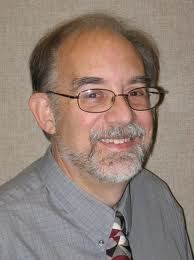
- Presenter: J. H. Fonkert
- Date: November 21, 2017
- Webinar Description: Our ancestors crossed time and space - history and geography. An understanding of how geography and technology drove a region's history creates context for your ancestors' migrations. Cincinnati was Porkopolis. Chicago out-dueled St. Louis. Minneapolis milled grain from the Dakota bonanza farms. The Upper Midwest farmlands, forests and mines fed the cities' hunger for food and lumber and steel. Railroads made it possible, bringing raw materials to the city and sending consumer goods back to the hinterland. The Cut-over region of Wisconsin and Minnesota was devastated by wild fires. Copper and iron ore drew immigrants to the lands around Lake Superior. Learn about how the development of the Midwest created opportunity and hardship for your ancestors.
October 2017
The Aliens Are Coming: USCIS Record Sets
- Presenter: Rich Venezia

- Date: October 17, 2017
-
Webinar Description: A-Files? AR-2 Forms? C-Files? Oh my! Wade through the alphabet soup of the record sets the US Citizenship & Immigration Services holds to find where your immigrant ancestor may be hiding. In addition to handling current immigration into the USA, the United States Citizenship and Immigration Services (USCIS) holds indispensable genealogical records for anyone with post-1906 immigrant ancestors. This lecture explores a bit about how USCIS came to be, but more importantly, the valuable records it holds. Participants will learn who is likely to show up in which USCIS file set, how the index searching and ordering process works, and see examples of each record set held by USCIS. The files that will be discussed are:
- A-Files (Alien Files) (including which files are held at HARA and which are held by USCIS)
- AR-2s (Alien Registration Forms)
- C-Files (Naturalization Certificate Files)
- Registry Files
- Visa Files
September 2017
Third Coast: How the Great Lakes Shaped America
- Presenter: Cari Taplin
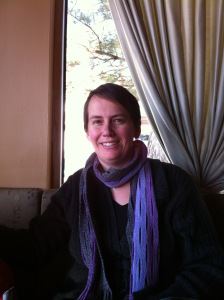
- Date: September 19, 2017
- Webinar Description: This program will examine the rich history of the Great Lakes region, particularly its role in U.S. expansion, through transportation, economic growth and defense. We will look at the geography of the Great Lakes through early explorers' reports, maps and tales. There will be an examination of influences throughout the regions such as Native Americans in the area, commerce, and shipping routes. The program will examine routes into and out of the Great Lakes such as the Erie Canal, railroad lines, and others. The roles that the lakes played in war and defense during the “Sixty Years’ War” will be discussed. An examination of major ethnic groups that traveled through the region including immigrants from the British Isles, Germany, Scandinavia, Eastern Europe, and others. The session concludes with a survey of records useful for tracing Great Lakes ancestors from census, naturalization, homestead, passenger lists, border crossings, and other records.
August 2017
How Advertising Brought Our Ancestors to the Midwest
- Presenter: Annette Burke Lyttle
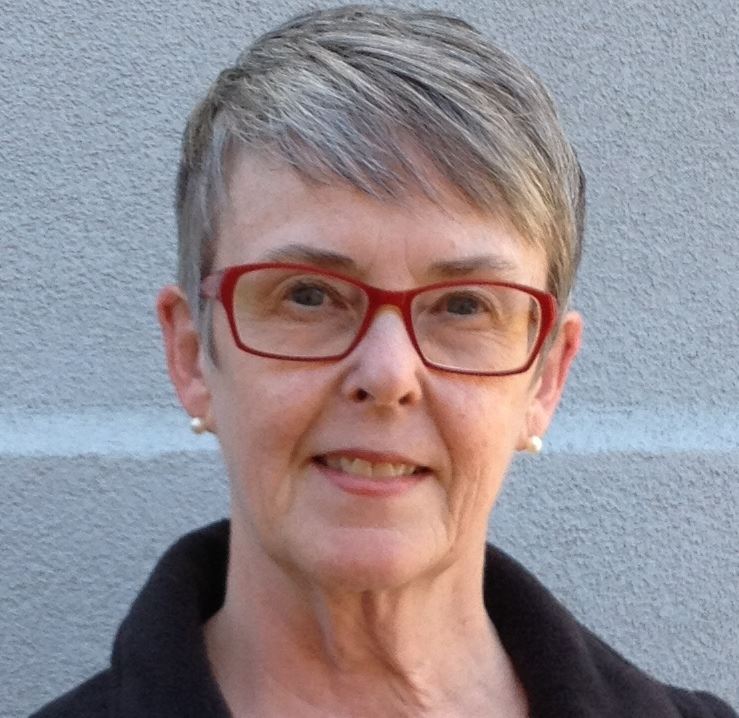
- Date: August 15, 2017
- Webinar Description: Motivation is one of the hardest factors to identify when we're trying to reconstruct our ancestors' stories. Business owners, land speculators, and communities wishing to grow all turned to various forms of advertising to entice people to migrate to the Midwestern territories and states. Examining some of the messages aimed at getting people to settle in sparsely-populated places can give us a window into what may have motivated our ancestors to move west.
July, 2017
Finding Online Resources from Lineage Societies
- Presenter: Elizabeth O'Neal
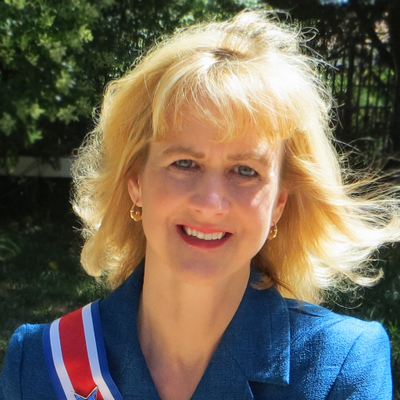
- Date: July 18, 2017
- Webinar Description: Many of us know that lineage societies have been collecting and preserving family histories for over 125 years, but did you know that some of these treasures can be found for free online? And you don't even have to be a member to take advantage of them! Thousands of applications and supporting documents have been submitted to lineage societies over the years, and your brick wall ancestor could be hiding in the file of one of their members. From the databases and downloadable documents of the DAR, to simple lists of pioneers and soldiers, this class will show you what gems are available online and where to find them. By the time we are finished, you just might be inspired to join!
June, 2017
100 Years Later: World War I Genealogy
- Presenter: Russell Horton
- Date: June 20, 2017
- Webinar Description: Russell Horton, the Reference Archivist at the Wisconsin Veterans Museum, will introduce the museum’s online World War I Database to help genealogists find their Wisconsin veterans to help commemorate the 100th anniversary of America’s entry into World War I. He will also discuss other resources to help you dig for the doughboy in your family tree.
May 2017
Misbegotten Children: Tracing the Family Lines of the Illegitimate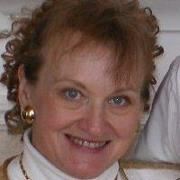
- Presenter: Peggy Clemens Lauritzen
- Date: May 16, 2017
- Webinar Description: Illegitimacy can be both a surprise and an embarrassement as we discover more and more about our family's history. Treated with care and sensitivity, we can use many available resources to help us in our research.
April, 2017 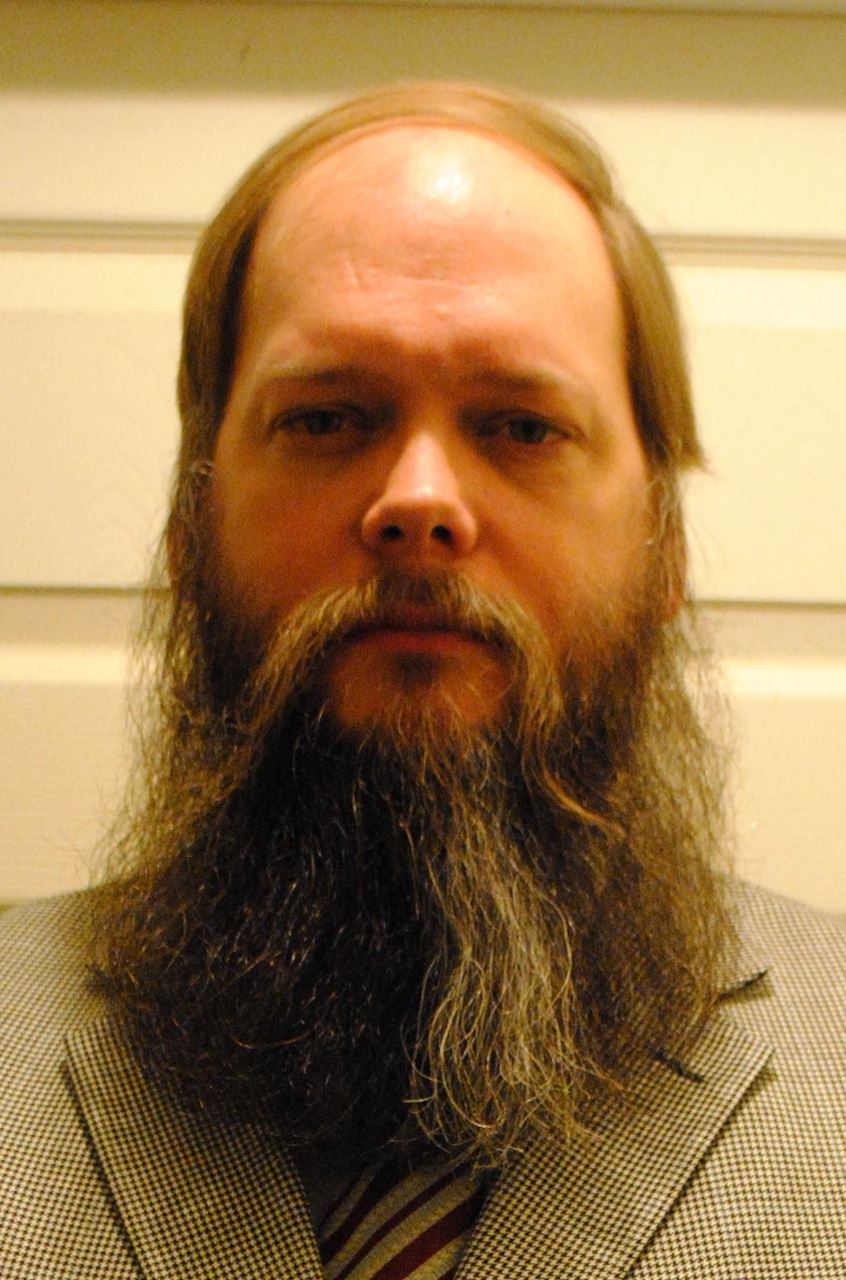 Postmasters, Carriers and Railway Clerks: Genealogy Records of the USPS Postmasters, Carriers and Railway Clerks: Genealogy Records of the USPS
- Presenter: Michael Strauss
- Date: April 18, 2017
- Webinar Description: Was your ancestor a mail carrier? Did they serve as postmaster? The Postal Service can trace its roots to 1775 during the Second Continental Congress, where Benjamin Franklin was appointed the first Postmaster General. The Postal Service was officially created in 1792, elevated to a cabinet department in 1872, and finally transformed in 1971 to an official government agency. Records of the United States Post Office are an overlooked genealogical pathway worth the effort to search. Many details about family members who may have worked with the postal system from the earliest listings in federal records are available to researchers nationwide. Learn to conduct primary research at the National Archives where most of these records are stored.
March, 2017
I Found My Family on the Internet! Now What Do I Do?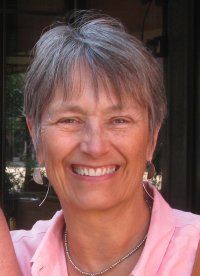
- Presenter: Jill Morelli
- Date: March 21, 2017
- Webinar Description: When you find that "fluttering leaf" attached to a possible ancestor, what do you do? When you are ready to post genealogical information on a website, how do you decide where to post your family information? Do you accept the answer given to you by the leaf? What is your decision process for where to post? We will review three levels of analysis so that you can make an informed decision on whether that fluttering leaf is one you ought to accept, or whether that website is where you want to post. We will start by reviewing the clues given us by the web address, and then analyze the platform, the contents and, finally, the evidence. Examples illustrate the risks and the rewards of use of information we find online.
February, 2017
Caring for Keepsakes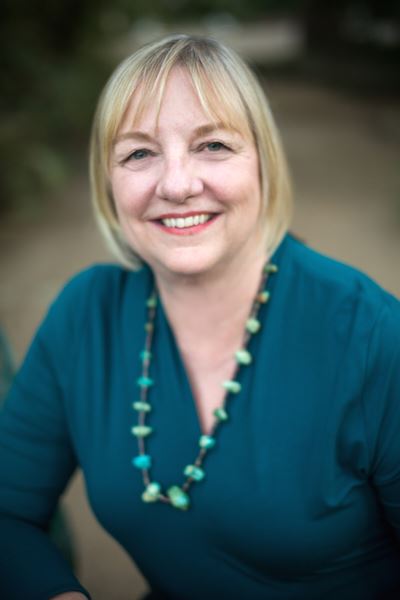
- Presenter: Denise Levenick
- Date: February 21, 2017
- Webinar Description: This presentation will highlight heirloom preservation tactics for anyone caring for family keepsakes, from digitizing to basic archival care for common family treasures such as photo albums, loose photographs, Bibles, clocks, jewelry, and more. Dozens of photos illustrate best practices for digitizing artifacts, proper storage, and avoiding damage from poor storage and common hazards such as silverfish, mold, and acid migration. Discover what to save when you inherit a houseful of "treasures," how and where to store your keepsakes, and how to set up a home archive so you can easily access items for research and sharing.
January, 2017
Seven Ways to Use the Cloud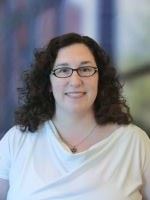
- Presenter: Jennifer Alford
- Date: January 17, 2017
- Webinar Description: This presentation will include explanations of what the cloud can do for you and ways to protect your privacy. Jennifer will share the seven ways that you can use the cloud to make your research more effective and easier to share with other generations of your family. The cloud can also be a great resource for "crowd sourcing." Volunteers all around the world can access scans of documents and provide invaluable transcribing and indexing efforts.
|
 Postmasters, Carriers and Railway Clerks: Genealogy Records of the USPS
Postmasters, Carriers and Railway Clerks: Genealogy Records of the USPS
